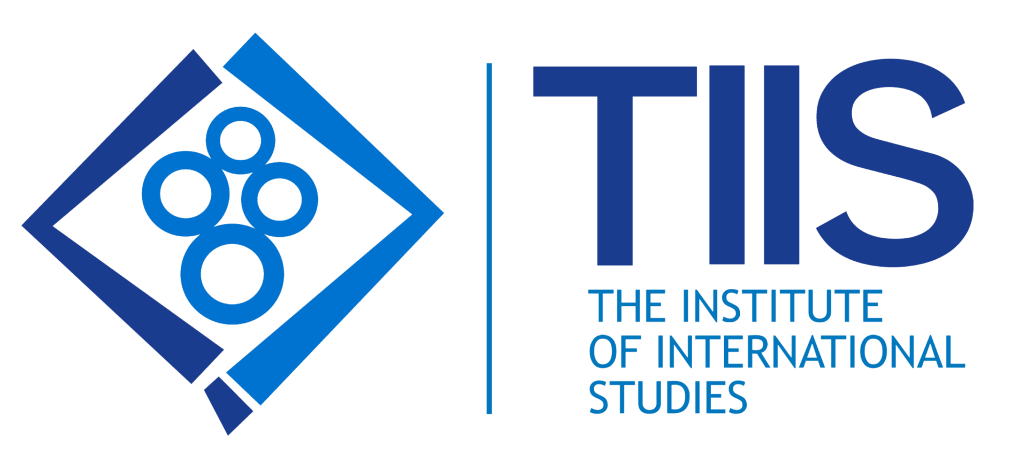Bachelor of Information Technology (BIT)
CRICOS Course Code: 113724B
- Course Duration: 3 years
- Number of Subjects: 24
- Delivery Mode: On campus
- Campus: Sydney or Melbourne
- Intakes: January, March, May, July, September, and November
The Bachelor of Information Technology (BIT) is a 3-year full time or part-time equivalent undergraduate program. Graduates completing the Bachelor of Information Technology can choose from two specialisation streams: Cyber Security and Web and Mobile Applications Development. It has a common core structure comprising 17 core subjects with 7 elective subjects from either one or both specialisation streams. In total, students will complete 24 subjects achieving a total of 144 credit points.
Overview
The Bachelor of Information Technology program equips students with essential programming, networking, and data analysis skills, empowering them to thrive in the dynamic field of information technology. Through a comprehensive curriculum, students gain a deep understanding of business communication, cybersecurity, and emerging technologies, preparing them to excel in diverse IT roles and contribute effectively to modern organizations.
Careers
- Programming
- Web Design and Development
- Mobile Applications Development
- Software and Applications Development
- ICT Security Consultancy
- ICT Network and Support
- ICT Consultancy
- Cyber Security
- Computer/Software Engineering
- Security Engineering
Learning Outcomes
Knowledge
Business Communication: Students learn effective communication practices, including business writing, presentation skills, and intercultural communication, which are vital for professional interaction in the corporate world.
Information Systems and Management: Students understand information management principles, databases, and information systems that contribute to efficient business operations.
Cybersecurity and Cyber Law: Students learn about cybersecurity threats, risk analysis, and legal aspects of information technology, preparing them to safeguard digital assets and adhere to regulations.
Software Development and Design: Students delve into programming concepts, software development techniques, and design thinking, enabling them to create innovative software solutions.
Emerging Technologies: Students explore emerging trends in IT, such as Cloud Computing, the Internet of Things (IoT), and data analytics, preparing them to adapt to rapid technological advancements and make strategic decisions based on the latest innovations.
Skills
Communication Skills: Students develop effective written and verbal communication skills, essential for conveying technical information to colleagues, clients, and stakeholders.
Programming and Software Development: The curriculum teaches students to write, analyze, and debug code, fostering proficiency in various programming languages and software development methodologies.
Data Analysis and Business Intelligence: Students learn to extract insights from data, create data visualizations, and make informed business decisions using tools like data analytics and business intelligence software.
Cybersecurity Knowledge: Students gain an understanding of cybersecurity principles, risk analysis, and techniques to protect digital assets from cyber threats and attacks.
Network Administration and Management: Students acquire skills to design, configure, and manage network systems, ensuring efficient communication and data transfer within organizations.
Learning Pathways
Students who successfully complete the Bachelor of Information Technology may be eligible for progression into Graduate Diploma or Master’s programs.
Contact us
Level 4, 22 Market Street,
Sydney, NSW 2000
Level 1, 112 Newquay Promenade, Docklands, VIC 3008
Programme
Course Design and Structure
The subjects and sequence for the Bachelor of Information Technology are outlined below. Students will complete 17 compulsory core subjects, each of 6 credit points in value.
UNIT CODE
UNIT NAME
CREDIT PTS.
BIT303
Capstone Project
6
102
Specialisation Streams
Students will be required to select 7 elective subjects from the 2 specialisation streams:
- Cyber Security
- Web and Mobile Applications Development
UNIT CODE
UNIT NAME
CREDIT PTS.
Cyber Security
72
Web and Mobile Applications Development
BMW201
Object Oriented programming
6
BMW202
Web application and server management
6
BMW301
Mobile Application Development
6
BMW302
Big Data and Analytics
6
BMW303
Advance Web Application Development
6
BMW304
ICT Business Analytics and Data Visualization
6
BMW305
Cloud Application Development
6
72
APPLY
01
Gather Documentation
Begin your journey by gathering all the necessary documents as per TIIS entry requirements.
02
Application Submission
Complete our application forms and send them to TIIS via email.
03
Approval Process
If you meet our requirements, TIIS will issue a Letter of Offer.
04
Fee Payment
Secure your place by paying your tuition fees. Upon payment, you’ll receive a Confirmation of Enrolment (COE).

